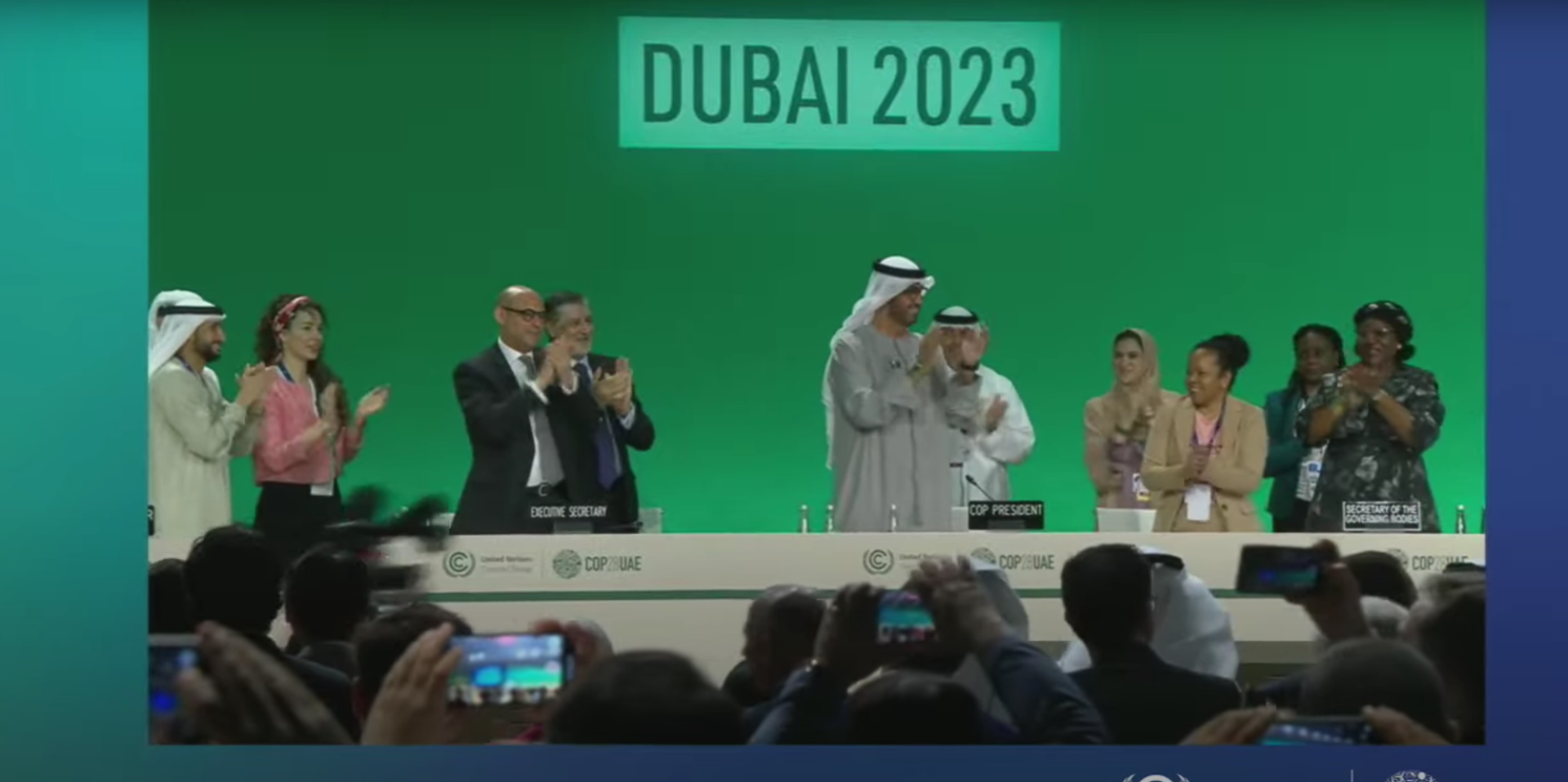The Hague, 6th January 2025
Mission EFOW 2025
Program Leads and Initiative Takers:
Dr Singh- (former) Chief General Manager ONGC, India, EFOW Partner & Fellow
Adriaan Kamp- Founder Energy For One World

The Hague, 6th January 2025
Program Leads and Initiative Takers:
Dr Singh- (former) Chief General Manager ONGC, India, EFOW Partner & Fellow
Adriaan Kamp- Founder Energy For One World